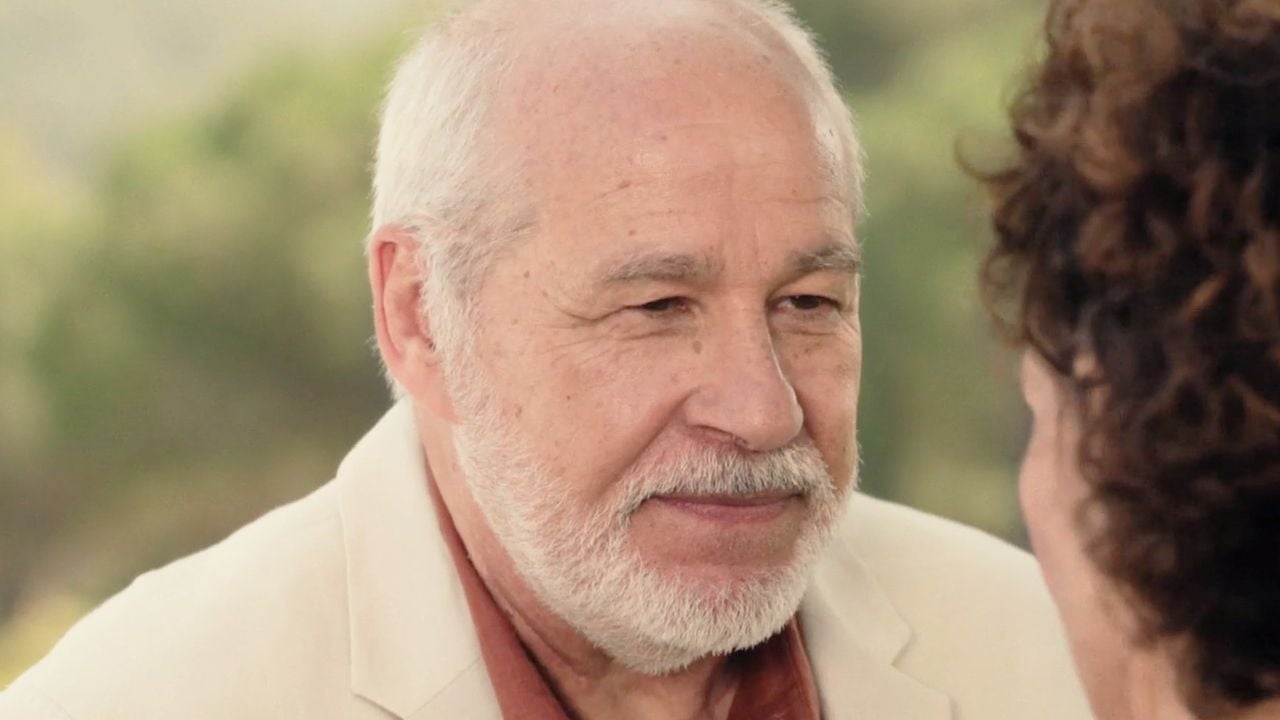With victory in Sonneberg, Thuringia, AfD secures its first district cabinet, defeating a democratic front made up of all the main parties in the country. German politicians and organizations express outrage: a candidate of the far-right party Alternative for Germany (AfD) was elected leader of the district of Sonneberg in the state of Thuringia this Sunday (25/06), marking the first time that the party guarantees a high charge locally.
Robert Sesselmann won the second round of elections in Sonneberg with 52.8% of the vote two weeks after the first round, causing consternation throughout the country.
His opponent, the current district leader Jürgen Köpper of the Christian Democratic Union (CDU), obtained 47.2% – despite being supported by all major German parties: Green Party, Social Democratic Party (SPD), Party Liberal Democrat (FDP) and The Sinistra.
The election is the latest success for the party which has reached record levels of popularity in the latest national polls as it seeks to capitalize on a wave of discontent with the coalition government of Federal Chancellor Olaf Scholz (SPD), the Greens and the FDP , involved in domestic political and budget disputes.
With 19% to 20% support in polls, trailing the Conservatives, the AfD has tapped into voters’ fears about the recession, migration and the green transition, analysts said. The party even plans to nominate a candidate for federal chancellor in the 2025 election.
Particularly strong in former communist East Germany, the party could win state elections next year in three eastern states, polls suggest.
The district of Sonneberg, located in eastern Germany on the border with Bavaria, is one of the smallest in Germany, with a population of 57,000. But analysts say the AfD’s clear victory in the borough sends a signal to Berlin, especially in an election in which all other major parties have joined forces in a front against the far right.
“Goodbye to Democracy”
Thuringian Interior Minister Georg Maier (SPD) described the Sonneberg result as “a wake-up call for all democratic forces”.
He called for setting aside party interests in favor of a joint effort in defense of democracy. According to Maier, politics is a competition for the best ideas, not the greatest outrage.
Even the Central Council of Jews in Germany expressed deep shock at the result. “To be clear: not all AfD voters hold far-right views,” said AfD president Josef Schuster. “But the party of the candidates they voted for is far-right, according to the State Office for the Protection of the Constitution.”
Schuster said he was deeply concerned that so many people agreed with the caption. “It is a violation that the democratic political forces of this country simply cannot accept.”
Even the International Committee of Auschwitz expressed horror. “Today is a sad day for the district of Sonneberg, for Germany and for democracy. The majority of voters have obviously said goodbye to democracy and have deliberately opted for a Nazi-dominated far-right party of destruction.”
The strength of the AfD
In Thuringia, the AfD and its state leader, Björn Höcke, have been classified as extremist by internal intelligence services and are officially under observation. Höcke is the leading figure in the extreme wing of the party and, although he is party leader only in Thuringia, he is considered one of the most influential people in the AfD.
This Sunday, he hailed the accomplishment, saying it was a prelude to more victories at the local and state level. “Let’s get ready for the state elections in the east, where we can really create a political earthquake,” she said, referring to the parliamentary elections in the states of Saxony, Thuringia and Brandenburg.
While far-right parties are gaining traction in Europe, the AfD’s strength is particularly noticeable in Germany, given the country’s Nazi past. The party opposes economic sanctions against Russia during the war in Ukraine and questions human action as a cause of climate change.
This month, Germany’s domestic intelligence agency said right-wing extremism poses the biggest threat to democracy in the country and warned voters against supporting the AfD.
Born ten years ago as an anti-euro party, the party gained popularity after the 2015 migration crisis, capitalizing on the anti-immigration movement, and entered the German parliament for the first time in 2017, officially becoming an opposition party.
In Sonneberg, Sesselmann’s campaign focused more on national rather than local issues, such as high inflation rates and rising immigration. As a district leader, however, he will be in charge of more day-to-day matters such as child care and road and building maintenance.
ek (DPA, Reuters, ots)
Source: Terra
Rose James is a Gossipify movie and series reviewer known for her in-depth analysis and unique perspective on the latest releases. With a background in film studies, she provides engaging and informative reviews, and keeps readers up to date with industry trends and emerging talents.







